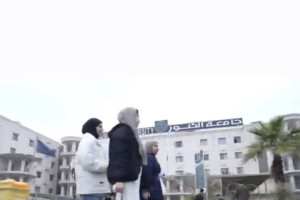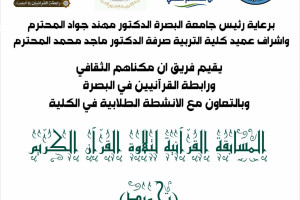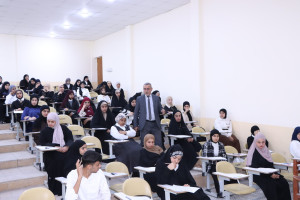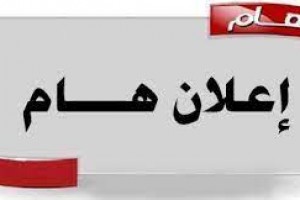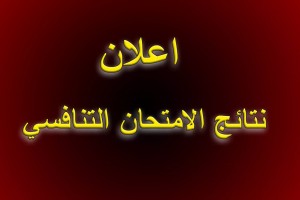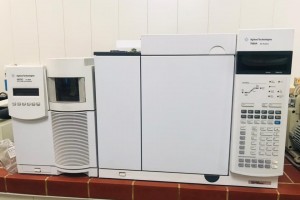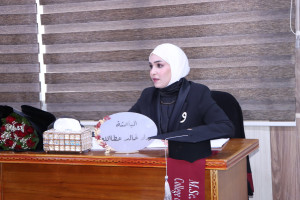
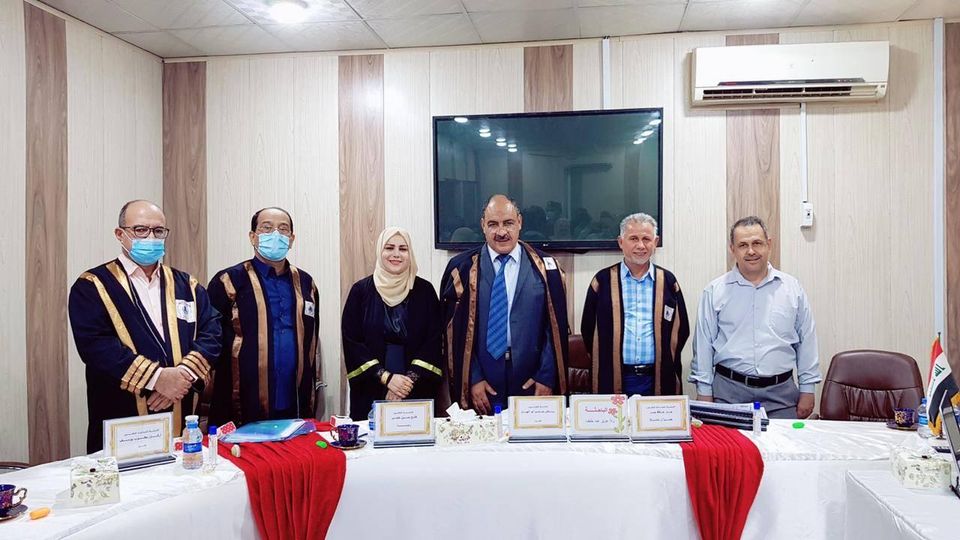
The College of Education for Pure Sciences at the Department of Physics at Basra University discussed a master's thesis under the title (Measuring the natural radioactivity in date palms and their soil for different areas of Basra Governorate),
The thesis presented by the researcher (Rana Aziz Abd) included two parts of the work, the first part is to measure the concentration of radon-222 gas in samples (soil, stress, date kernels) collected from the study area in Basra Governorate, using the technique of nuclear trace detectors. Represented by (CR-39) detector as well as calculating the radiation hazard indicators of radon gas (Radon Mass Emission Rate EXM) and (EXA surface emission rate) and the effective radium content CRa in the samples taken from the study area.
As for the second part of this study, it included the use of a gamma ray spectroscopy system represented by NaI (Tl) detector, where the specific radioactivity concentrations were measured and calculated for each of (238U, 232Th, 40K, 236Ra) in the studied samples, as well as the calculation of the radiation risk indicators of radiation. Equivalent radium efficacy, absorbed dose rate D, annual effective effective dose for AEDEout, AEDEIn and Hex and Hin in the studied samples.
The study aims to measure the concentrations of radon gas and natural radioisotopes (238U, 232Th, 40K, 236Ra) in samples of dates and soil taken from different areas of Basra governorate extending from its south, Al-Faw to its north, the city district, and by using the closed cylinder technology (nuclear trace detectors (SSNTDs), and gamma ray spectroscopy technique using NaI (Tl) detector.
We conclude that the dates taken from different areas in Basra Governorate do not pose any health threat, as the study indicated that the results obtained indicate that the concentrations of radioactive isotopes in the samples are within the permissible limits according to the recommendations (ICRP, WHO, UNSCEAR).
The study recommended conducting a comprehensive study covering most areas of Basra Governorate, as well as increasing the number of samples from each region, studying the concentrations of radioactive isotopes in date samples in other Iraqi governorates, and making a comparison between the results of the study, the concentrations of radioactive isotopes in the dates of Basra Governorate and the results of the study in the governorates.

